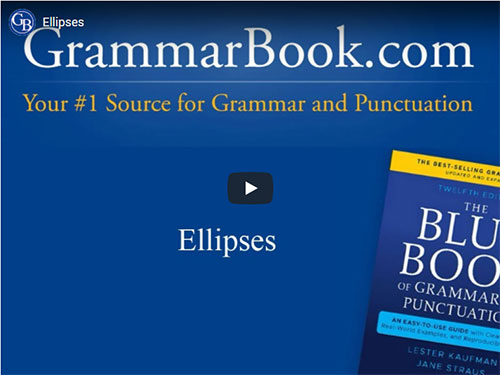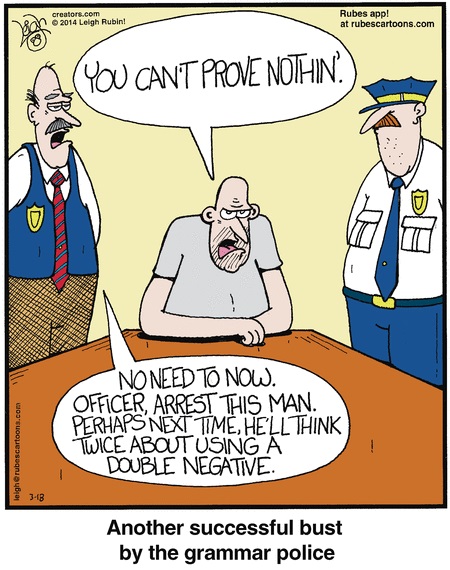|
First vs. Firstly: When to Use Each One
|
|
Perhaps you have seen the words first and firstly in sentences and wondered which one is correct—or if firstly is even a real word. If so, today's post can help.
First Things Firstly
As a starting point, let's note that both first and firstly are technically correct in a grammatical sense. That means you can use either one without being wrong. Either word falls under the category of "enumeration," which involves using numbered lists to make a point or explanation. If you were showing a friend how to bake a cake and said something such as "first, you pour in the flour, and second, you add the eggs," you would be using enumeration.
With that understood, you could use firstly instead of first. As we mentioned, it is grammatically correct.
We do however recommend that you don't make a habit of it. Here are some good reasons why:
Firstly is a longer word with an extra syllable. Shorter is often better in writing, speaking, and reading.
Firstly is an uncommon word. That's not necessarily a bad thing, but in this case, using it could make it seem as if you are trying to hide a point or "dress up" an otherwise lacking idea. In other words, it's distracting.
Because firstly isn't common in usage, some teachers, professors, and employers may consider it to be incorrect even when it isn't. So, it could hurt your grades or your ability to communicate.
Firstly is more awkward to say out loud than first is. Whether it's verbal or written, good communication calls on us to be as clear and simple as possible.
To be consistent, we would need to follow firstly with secondly, thirdly, fourthly, and so on. That can get cumbersome. Such writing or speaking might not be grammatically wrong, but it isn't always going to help us win a reader's or listener's attention. |
The First and Last Line on Firstly
If you wish to continue writing and saying firstly, you won't be defying grammatical principles. But don't be surprised if other people act as if you are. It's a word most native English speakers don't use, and some might assume it implies a lesser understanding of the language.
Unless you have a specific reason to use firstly, secondly, thirdly, and so on, it's better to stick with the shorter, simpler, and more commonly accepted alternatives first, second, and third.
|
View and comment on this
article on our website.
|
|
|

|
 |
The Blue Book of Grammar and Punctuation
by Lester Kaufman and Jane Straus |
The Authority on English Grammar! Twelfth Edition Now Available
An indispensable tool for busy professionals, teachers, students, homeschool families, editors, writers, and proofreaders.
Available in print AND as an e-Book! Over 2,000 copies are purchased every month!
To order the book, simply click the link to order the book from the GrammarBook.com website.
|
Free BONUS Quiz for You!
[[firstname]], because you are a subscriber to the newsletter, you get access to one of the Subscribers-Only Quizzes. Click here to take an Adjectives and Adverbs Quiz and get your scores and explanations instantly!
We will be adding many more quizzes this year to our already substantial list of them. If you have suggestions for topics we have not yet covered, please send us a message at help@grammarbook.com.
|
Hundreds of Additional Quizzes
at Your Fingertips
Subscribe now to receive hundreds of additional English usage quizzes not found anywhere else!
Teachers and Employers
Save hours of valuable time! You may assign quizzes to your students and employees and have their scores tallied, organized, and reported to you! Let GrammarBook.com take the hassle out of teaching English!
"Fun to test my skills."
"The explanations really help ... thanks!"
"I can select the quizzes to assign to my students, and then the results are reported to me automatically!"
If you think you have found an error in a quiz, please email us at help@grammarbook.com
|
Wordplay

|
 |
English in a Snap:
68 One-Minute English Usage Videos FREE |
Learn all about who and whom, affect and effect, subjects and verbs, adjectives and adverbs, commas, semicolons, quotation marks, and much more by just sitting back and enjoying these easy-to-follow lessons. Share them with your colleagues (and boss), children, teachers, and friends as well! Click here to watch.
|
|





